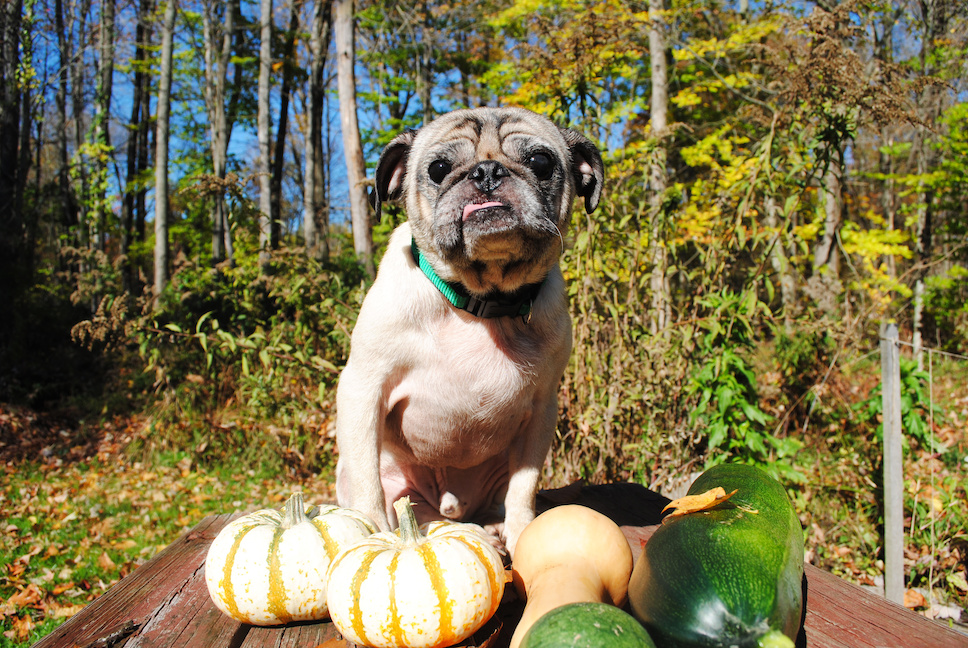Mushrooms
While 99% of mushrooms have little or no toxicity, the 1% that are highly toxic (PDF) can cause life-threatening problems in pets. Unfortunately, most of the highly toxic mushrooms are difficult to distinguish from the nontoxic ones, so the best way to keep pets from ingesting poisonous mushrooms is to keep them away from areas where any mushrooms are growing. Contact your veterinarian or the ASPCA Animal Poison Control Center immediately if you witness your pet eating a wild mushroom.
Antifreeze
Many people choose fall as the time to change their car’s engine coolant. Ethylene glycol-based coolants are highly toxic, so spills should be cleaned up immediately. Consider switching to propylene glycol-based coolants—though they aren’t completely nontoxic, they are much less toxic than other engine coolants.
Flea and Tick Prevention
Fleas and ticks can be found all year long, so be sure to keep your dog up-to-date on flea and tick prevention even throughout the cooler months. September and October typically have high flea and tick populations. Make sure to give your pet a full checkup after being outside in tick prone areas such as tall grass and the woods.
Rodents
During the fall, rodents are more present as they search for warmth in shelters and even in our homes. Take caution when using rodenticides around the home as these can be toxic to pets and can cause bleeding disorders that can be deadly. Consider using traps instead.
Holidays
Thanksgiving and holiday meals can pose a medical threat for your pet. Chicken and turkey bones can get stuck or can pierce holes in any portion of the digestive tract. Rich foods can cause sudden pancreatitis or bloat. Keep holiday meals, leftovers and table scraps out of reach of your pet.
Safety tips courtesy of ASPCA and Cincinnati Dog Pages

